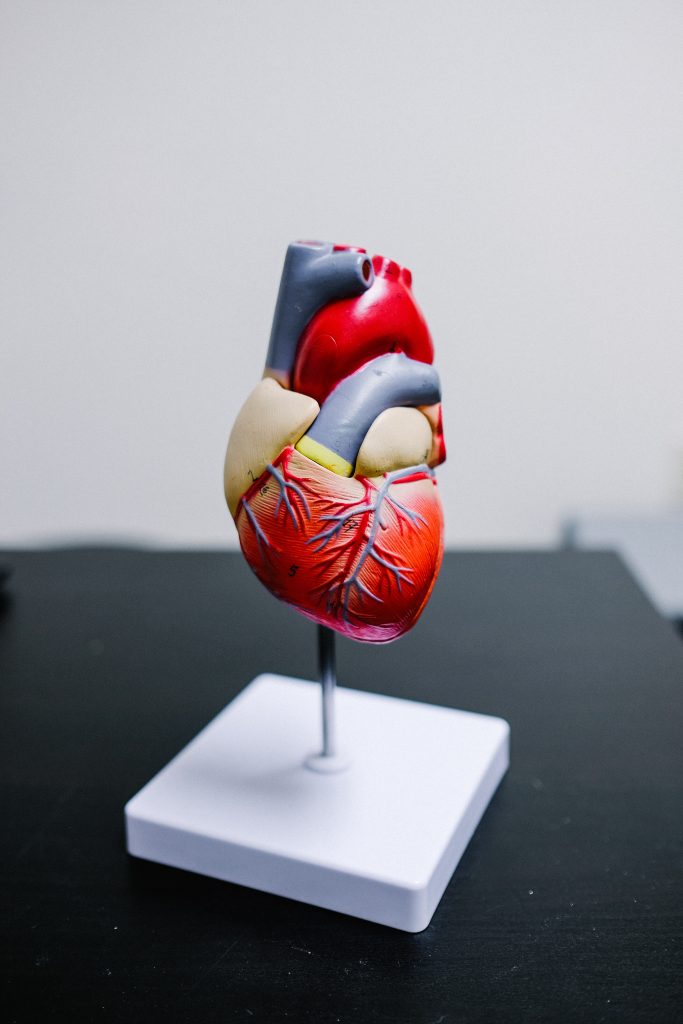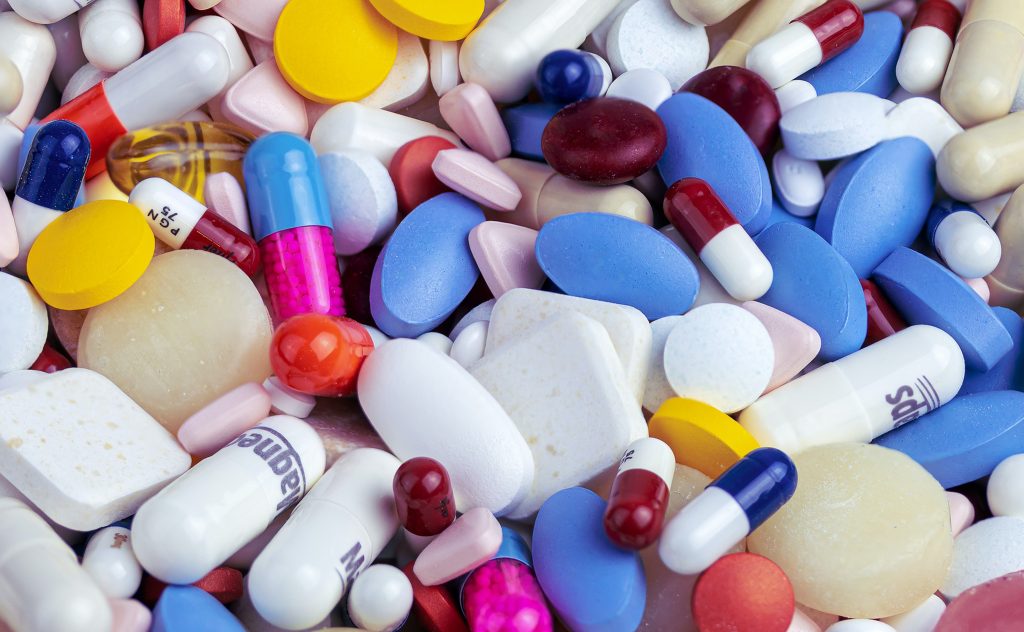NHS has issued a serious warning about drinking alcohol and taking statins
Heart disease in the UK
Heart and circulatory disease are much more prevalent than you might think. It is the cause of more than a quarter of all deaths in the UK, an average of 450 deaths daily or one every three minutes in the UK. Over 7.6 million people live with heart disease, and it is reasonable to presume that almost all of them are on medications.
More than 200 million people worldwide take statin drugs for their heart-related conditions. There has been debate about the risks and benefits of statins over the years, causing confusion about whether these drugs are safe – or suitable – for them.

Johns Hopkins cardiologist Michael Blaha, MD explains: “Traditionally, statins were viewed as purely cholesterol-lowering drugs. So, it made sense to use them for people with high cholesterol. But they also benefit people with lower levels of cholesterol who are at a high risk of heart disease. So, we now think of statins as risk-reducing drugs.”
This dramatic change in thinking means that people who once were not candidates for statins are now prescribed them to lower their risk of heart attack and stroke. And that means more persons are taking statins regularly.
What are Statins?
STATINS are a group of medicines that can help to lower harmful cholesterol levels. While it is safe to drink alcohol and take statins, there are some essential considerations to bear in mind.
Statins are crucial for people at risk of heart disease because they can help lower the level of low-density lipoprotein (LDL) cholesterol in the blood. LDL cholesterol (also known as ‘bad cholesterol’ is a waxy substance that collects inside your arteries, raising the risk of blockages.

Although the advantages of taking statins outweigh the disadvantages, they can interact with certain dietary decisions.
According to the NHS, people who regularly drink large amounts of alcohol are at increased risk of getting more serious side effects from statins.
How Statins Work
Statins help lower low-density lipoprotein (LDL) cholesterol, in the blood. They extract cholesterol out of plaque and stabilize it. Plaque is a wax-like substance consisting mainly of cholesterol deposits that can build up within the walls of the arteries, hampering the smooth blood flow to and from the heart and leading to heart attack and stroke.
At an early stage, plaque build-up can be controlled by healthy lifestyle choices, such as switching to a heart-healthy diet, exercising and not smoking. If such efforts are unsuccessful over time, doctors will initiate treatment with statins to benefit the arteries and prevent further damage.
Statins – Risks and Benefits
For most people, statins are absolutely safe. A 2014 Johns Hopkins meta-analysis of 20 years’ worth of published research indicated that the risks of long-term use of statin drugs are low, and the potential benefits are very high.
What are the Serious Side Effects of Taking Statins?
A review of scientific studies into the effectiveness of statins found around one in every 50 people who take the medicine for five years will avoid a serious event, such as a heart attack or stroke, as a result.
Nonetheless, it would be best to discuss the benefits and risks of taking statins with your doctor before you start taking the medicine.
If you find certain side effects particularly troublesome, talk to your doctor.
Alcohol and Your Heart
People are generally aware that drinking alcohol too often or too much is not a good idea, health-wise. Several diseases are directly linked to excessive alcohol intake, apart from the negative social and psychological consequences.
Let’s look at the impact alcohol can have on your heart.
Overindulging in alcohol can result in an irregular heartbeat.
While drinking alcohol in moderation is all right for most people, you can fall victim to “holiday heart syndrome” if you overdo it. This is when overeating and over drinking leads to an irregular heartbeat.

A holiday heart can happen if you don’t typically consume alcohol then binge-drink. You may develop an irregular heartbeat, called atrial fibrillation. Atrial fibrillation increases your risk of stroke, heart attack and heart failure.
Another heart-related condition usually caused by alcohol abuse is alcoholic cardiomyopathy. Long-term alcohol abuse weakens the heart muscle, reducing its ability to pump blood. When your heart isn’t able to pump blood efficiently, the lack of blood flow disrupts your body’s major functions. This can lead to heart failure and other life-threatening problems.
Statins and Alcohol
Some people who are on cholesterol-lowering medicines may experience muscle aches when they drink alcohol.
One of the reasons is that since alcohol and cholesterol medicine both are processed through the liver, they are, in a way, competing with each other for clearance. Alcohol is derived from sugar. So, if you are predisposed to being diabetic or if high triglycerides is one of your issues, it’s not a good idea to drink alcohol at all.
As you become older, you are likely to have other medical conditions for which you may be on some medications. Alcohol might interact with some of your prescription medicines.
There’s some evidence that drinking the occasional glass of red wine may be good for your heart. But just having a glass of wine occasionally is an impossible task for an alcoholic!
Avoiding alcohol altogether is a better idea. In case of addiction issues, you need to contact a treatment provider to mitigate risks.



